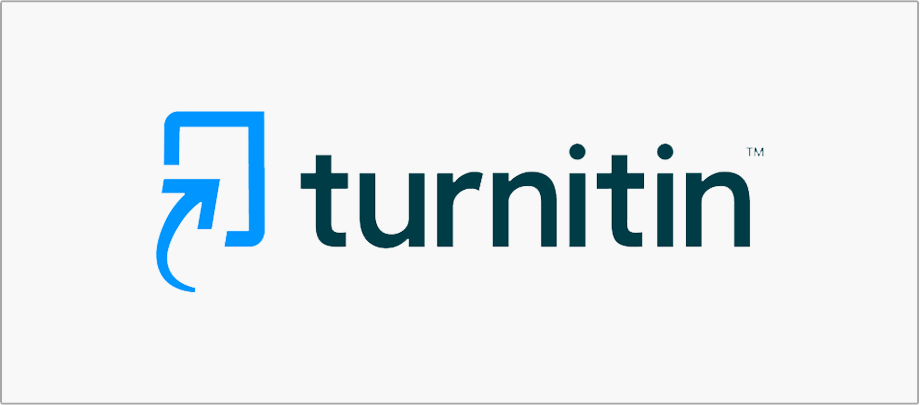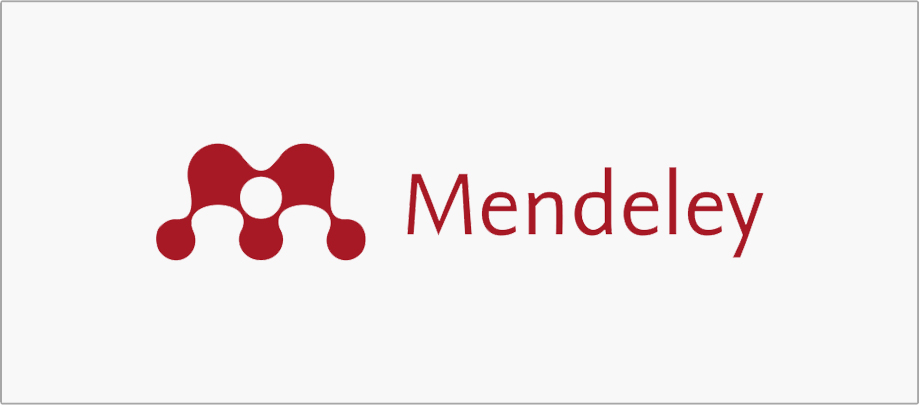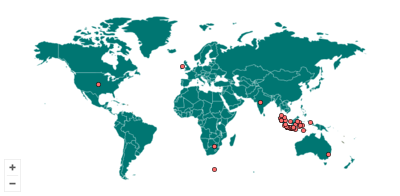THE UTILISATION OF CASH WAQF IN THE BAITUL ASYI WAQF FOUNDATION IN THE PERSPECTIVE OF FIQH MUAMALAH
DOI:
https://doi.org/10.22373/al-mudharabah.v4i1.3050Keywords:
Cash waqf, Islamic Law, Utilisation, SocietyAbstract
Management and utilization of cash waqf in Aceh based on data from Baitul There is great potential for development, but problems often occur facing the management of cash waqf is a lack of human resources or nazhir specifically managing the cash waqf, so that the results are not optimal. The problem formulation in this thesis is how management of cash (cash) waqf by Nazhir at the Baitul Asyi Foundation and how cash waqf (tuna) is utilized at the Baitul Asyi Foundation muamalah fiqh perspective. To answer the problems above, researchers using qualitative methods using library sources and strengthened by the results of interviews with informants as part of the empirical data. Data collection techniques were carried out through interviews and document studies. Data The collected data will be analyzed using qualitative descriptive techniques. Results research shows that; First, cash waqf management carried out by the Baitul Asyi Waqf Foundation in a productive way waqf assets, by entering into collaboration with entrepreneurs. The profits from this business are channeled for the benefit of the people. Second, management and utilization of cash waqf cannot yet be fully explained successful, because cash waqf assets have not been managed optimally. The cash waqf that has been managed is distributed to Dayah Barbate Waqf in the amount of Rp. 12,155,000,- accumulated from business zakat and alms business management. The waqf distribution is aimed at: interests of the people, in accordance with the rules and provisions. From the explanation above can conclude, manage and utilize cash waqf at the Foundation Baitul Asyi Waqf viewed from the perspective of muamalah fiqh, is in accordance with purpose, function and purpose. This is in accordance with the opinion of the madzhab Hanafi and Maliki allow waqf in cash, meanwhile The Imam Shafi'i school of thought does not allow cash waqf because it values waqf in permanent cash.
Downloads
Published
How to Cite
Issue
Section
License

This work is licensed under a Creative Commons Attribution-NonCommercial-ShareAlike 4.0 International License.












